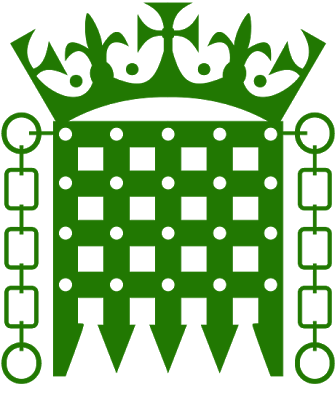TIMES RED BOX: How I’d chair the Treasury committee — and why I’m qualified

In the face of high inflation, tightening monetary policy and significant global headwinds, it is vital that the next Chair of the Treasury Select Committee leads challenging and effective scrutiny of government and regulatory decision making.
I will grasp this challenge- and it is why I am standing to be Chair of the Committee. I spent 25 years in financial services – in banking, trading and corporate governance - and brought this experience to the Treasury Committee as a new MP from 2010 to 2014. At that time, the influence of the Treasury Committee had never been greater, with robust work including saving the cheque book, challenging PFI rip-offs and uncovering the scandal of libor rigging.
I have since spent six years in government, first as City Minister where my first task was establishing the ringfence to protect against future bank malpractice. From retrieving over a billion pounds from the Icelandic government after the UK bailed out Icesave, to holding the banks to account over interest rates swaps mis-selling that destroyed so many SMEs, there was much to put right in the wake of the financial crisis.
As BEIS Secretary of State I focused the department on a new vision of the UK leading the world in Net Zero as a means to achieve new growth, deliver new jobs, level up and export across the world. There is no doubt if we put our minds to it we can lead in green finance for technology, innovation and infrastructure.
Chairs of Select Committees have a critical role in reflecting the widely differing views of Members. Mel Stride always showed respect for contributions from all colleagues and I would do the same. As Commons Leader for two years, I demonstrated collaborative cross party working from helping colleagues get their Private Members’ Bills through Parliament to leading a major cross-party project to tackle harassment.
With the Autumn Statement now delayed until November 17th, markets and households are in a degree of limbo. The clear direction of monetary policy is towards higher interest rates – this will be bad news for those looking to buy a home as for those worrying about rent increases. The very real prospect of having to choose between heating or eating with inflation running at 10% makes for difficult policy choices. For pensioners with a savings pot, higher interest rates will be a gift, but for businesses and wealth generators who pay for our public services, there are very real threats from inflation taking hold.
The role of the Committee must be in part to identify the winners and the losers and challenge monetary and fiscal decision makers to get the balance right. Protecting lives and livelihoods must be the top priority for all policy makers, and I will be resolutely focused on bringing together all the talents and insights to make a powerful contribution in shaping the debate.





